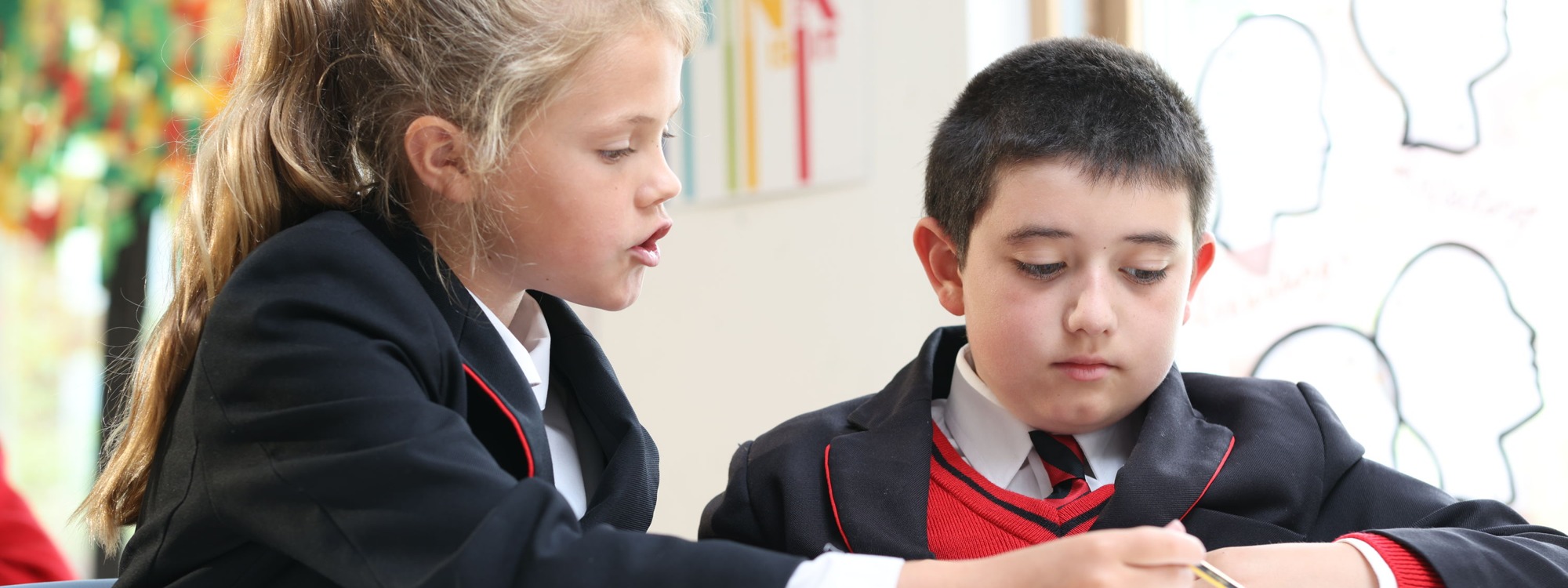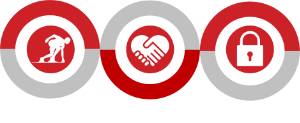Reading and Writing
Read as a writer. Write as a reader.
Writing is the written representation of spoken language. Writing involves transcription (spelling and handwriting) and composition (articulating ideas and structuring them in speech, before writing).
Reading is the process of learning the meaning of letters and symbols. Reading is a multifaceted process involving such areas as: word recognition, orthography (spelling), alphabetics, phonics, phonemic awareness, vocabulary, comprehension, fluency, and motivation.
Intent
Reading and writing opens children’s opportunities, creativity, inquiring mind, and their ability to express themselves. You cannot have one without the other. The more children read and write, the more they broaden their vocabulary, so they can become confident communicators. At Skinners’ Kent Primary School (SKPS), we strive for all our children to love reading and writing; for them to see its value and to be able to practise these skills for pleasure as well as learning. SKPS strives for all pupils to feel confident to apply these skills throughout our curriculum and their life beyond. We want our children to understand other people, cultures, and identities - we believe it is through reading and writing which inspires and engages that this can be achieved for all.
Implementation
We want the children at SKPS to read as a writer and write as a reader because this provides them with the skills and confidence they will need to progress successfully through their life as learners. It gives them the tools to express themselves and communicate with people from every walk of life. Our texts are chosen carefully, using a whole school text map. Using high quality text as a basis for learning, engages the children and helps to develop quality writing as well as stimulating their learning. The opportunities gained through reading and writing will help the children grow creatively and become the best versions of themselves.
Phonics
At SKPS, we are passionate about reading and we endeavour to make sure all our children develop a love of reading and every child leaves as a reader. Central to our approach is the teaching of systematic and synthetic phonics, using Little Wandle Letters and Sounds. Based on the original Letters and Sounds from the DfE. Little Wandle has been extensively revised to provide a complete teaching programme, meeting all the expectations of the national curriculum. Daily, discreet, high-quality teaching from the very beginning of Reception, alongside effective assessment, helps the children to meet the ambitious reading targets which are set for them. Regular assessments are used to inform practice and support, with interventions put in place for those not keeping up with the curriculum objectives.
https://www.littlewandlelettersandsounds.org.uk/resources/for-parents/
Reading
As part of the Little Wandle Scheme, the children in EYFS and KS1, read a levelled book with an adult three times a week, with a copy of the book sent home to read with parents.
Reading, both whole classes, individually and in groups happens throughout KS2. In whole class reading sessions the children have a further opportunity to engage with high quality texts and show their understanding through a range of responses. We also ensure that throughout their time at SKPS, children regularly hear adults reading aloud using a class book. In KS2, children take Big Cat Collins books home, which provides them with a vast range of texts, different genres, and interests. Books are set at the correct level for each children ensuring progress, enjoyment, and challenge.
SKPS has a growing library, and all pupils can borrow reading books to read at school or at home, encouraging a love of reading. To further our love of reading, SKPS has a plentiful lending library at the entrance of our school which the community can borrow from, taking or adding their own books. This wonderful resource is open daily.
Writing
We want all the pupils at SKPS to write as readers, therefore, high-quality texts which have been selected carefully are key to effective writing. Wide ranging texts provides our pupils with the knowledge of different genres, writing styles, formalities, and key SPaG (Spelling, punctuation, and grammar) objectives. During their time at SKPS, the children will explore many different forms of writing from informal to formal, understanding the purpose, audience, and relevance of learning. We endeavour to make connections between writing, reading and the wider curriculum whenever possible, making our environment inspiring, engaging, and meaningful.
Handwriting and Spelling, Punctuation and Grammar (SPaG) objectives are taught as part of our writing lessons, both discreetly and as standalone sessions, depending on the needs of each individual class and pupils. In KS1, the pupils will have a larger focus on transcription skills (handwriting and spelling) helping them to develop the strong building blocks for writing. As part of composition, the pupils will be focusing on sentence structure, using a variety of resources to support this, including colourful semantics. Moving into KS2, the pupils will still have a focus on transcription skills, using this to support their composition of a wide variety of texts.
From KS1 the children receive weekly spellings, which are practised at home and school, which continues throughout KS2. The children are given opportunities to explore and practise these words in school and are encouraged to do the same at home, as much as possible. We ensure the children apply their learning of grammar, punctuation, and spelling to their writing, ensuring all pupil can show progression and become competent and confident writers.
Impact
We believe that reading is key to all learning, the impact of our reading curriculum goes beyond the result of statutory assessments. Children have the opportunity to enter the wide and varied magical worlds that reading opens up to them. As they develop their own interest in books, a deep love of literature across a range of genres cultures and styles should be enhanced. Through the teaching of systematic phonics and reading inquiry, our aim is for children to become fluent and confident readers who can apply their knowledge and experience to a range of texts through the curriculum.
As a Year 6 reader, transitioning into secondary school, we aspire that children are fluent, confident, and able readers, who can access a range of texts for pleasure and enjoyment, as well as use their reading skills to unlock learning and all areas of the curriculum.
Writing is an essential life skill; the impact of our curriculum goes beyond the result of statutory assessments. At SKPS, we use writing moderations, both internal and external to support teachers to have a good understanding of their classes’ strengths and areas of development. By the time children leave our school, they should see themselves as authors, who can write confidently, clearly, accurately and in an engaging manner for a range of contexts, audiences, and purposes. Having developed their knowledge, skills and enthusiasm for writing, a Year 6 child will be ready to succeed in all areas of the curriculum in their future education and life endeavours beyond.
At SKPS we want all the pupils to read as a writer and write as a reader, leaving our school loving reading and writing and ready for the future!
Writing Progression Document - Whole School Overview
Grammar - Whole School Overview
Grammar, Spelling and punctuation glossary for parents and pupils







